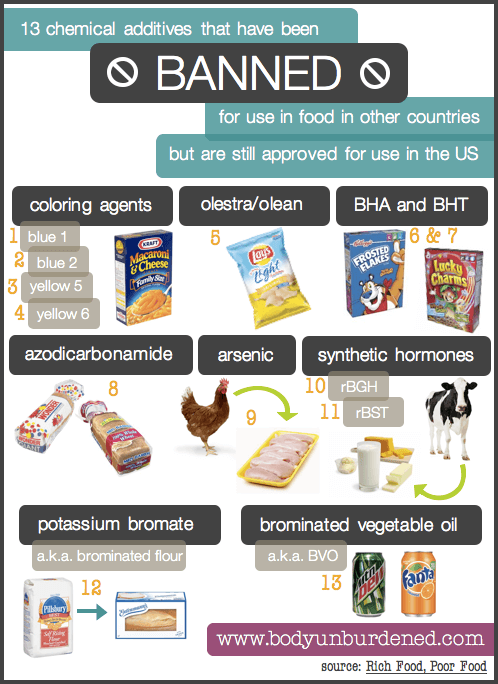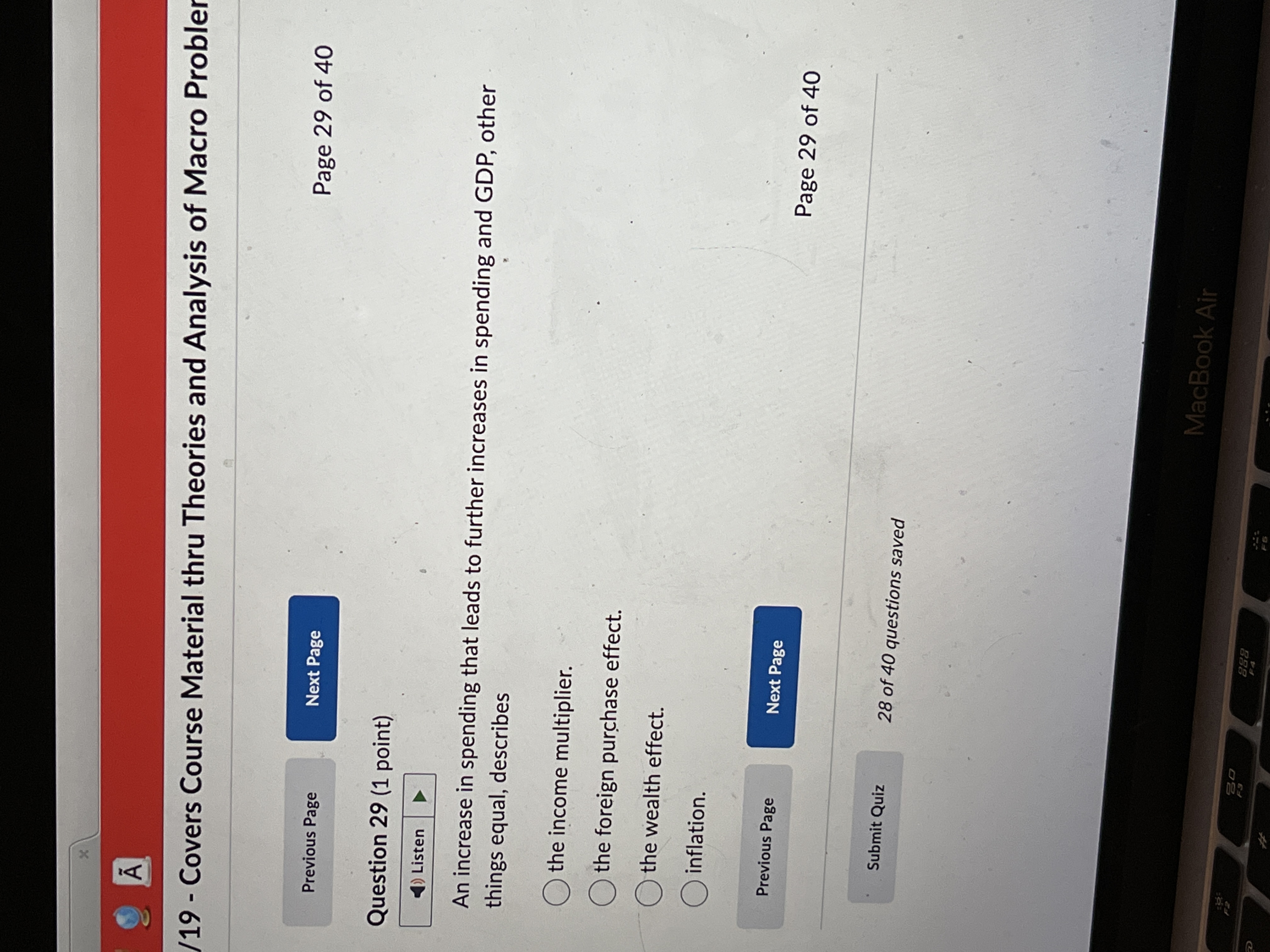Legal Battle Over Banned Chemicals Sold On EBay: Section 230 Scrutinized

Table of Contents
The Sale of Banned Chemicals on eBay: A Growing Problem
The ease and anonymity of online marketplaces like eBay have created a breeding ground for the illegal sale of banned chemicals. This poses a significant threat to public health and safety.
Types of Banned Chemicals Found on eBay:
The range of banned chemicals available on eBay is alarming. Examples include:
- Pesticides: Organophosphates, carbamates, and other highly toxic pesticides banned in many countries due to their harmful effects on human health and the environment.
- Industrial Solvents: Highly volatile and flammable chemicals like trichloroethylene and methylene chloride, often linked to respiratory problems and cancer.
- Heavy Metals: Lead, mercury, and cadmium, known for their severe toxicity and potential to cause developmental issues and organ damage.
Reports of accidental poisonings and serious health issues linked to the purchase of these chemicals from eBay are increasingly common, although precise statistics are difficult to obtain due to underreporting and difficulties in tracing the source of the chemicals.
The Mechanisms Used to Circumvent Regulations:
Sellers employ various tactics to evade detection:
- Disguised Packaging and Labeling: Banned chemicals are often repackaged and relabeled to obscure their true identity.
- Misleading Product Descriptions: Vague or inaccurate descriptions are used to avoid triggering eBay's monitoring systems.
- Use of Code Words and Jargon: Sellers use coded language to communicate about banned substances discreetly within their listings and communications.
Regulatory agencies face significant hurdles in identifying and removing these listings due to the sheer volume of products on the platform and the sophisticated methods used by sellers.
eBay's Role and Responsibility:
eBay maintains policies prohibiting the sale of restricted and banned items. However, the effectiveness of these policies is questionable. While eBay claims to actively monitor its platform, the persistent presence of banned chemicals suggests deficiencies in their monitoring and enforcement systems. The question remains: Is eBay doing enough to prevent the sale of these dangerous substances, or is their current system inadequate? The ongoing legal battle will likely shed light on this crucial aspect.
Section 230: Immunity and Accountability in the Digital Age
Section 230 of the Communications Decency Act is central to this legal battle. It's a complex piece of legislation with significant implications for online platforms.
Understanding Section 230:
Section 230 grants online platforms immunity from liability for user-generated content. This means that platforms are generally not held responsible for what their users post or sell. However, this immunity is not absolute and is subject to ongoing debate regarding its scope and application. Proposals for Section 230 reform are constantly surfacing in legislative bodies, aiming to increase platform accountability.
The Applicability of Section 230 in this Case:
The core question is whether eBay can claim protection under Section 230 for the sale of banned chemicals by third-party sellers. Arguments in favor of eBay's immunity emphasize the sheer volume of listings and the difficulty in policing every single one. Arguments against immunity focus on eBay's role in facilitating the sale and potential knowledge of illegal activity on its platform.
Legal Precedents and Similar Cases:
Numerous cases involving online marketplaces and liability for illegal goods have set important precedents. These cases highlight the legal complexities involved in balancing platform immunity with the need to protect consumers. Analyzing previous rulings related to the sale of counterfeit goods, illegal drugs, or other dangerous products on similar platforms offers valuable insights into the potential outcome of the eBay case.
Implications for Consumers and the Future of E-commerce
The sale of banned chemicals online poses severe risks to consumers and necessitates a broader discussion about e-commerce regulation.
The Risks to Consumers:
Purchasing banned chemicals online carries significant health risks and safety hazards:
- Accidental Poisoning: Mislabeled or misidentified chemicals can lead to accidental ingestion or exposure, resulting in serious health consequences.
- Lack of Quality Control: There's no guarantee of the purity or safety of chemicals purchased online, increasing the risk of contamination or substandard products.
- Difficulty in Identifying Legitimate Sellers: It's challenging to distinguish between legitimate sellers and those engaged in illegal activities.
The Need for Enhanced Regulation:
Stricter regulations and improved enforcement are essential to curb the illegal trade of banned chemicals online:
- Increased Platform Responsibility: Online marketplaces should be held more accountable for the products sold on their platforms, implementing more robust monitoring and verification systems.
- Enhanced AI-Driven Detection Systems: Advanced technology can be used to identify and flag suspicious listings more effectively.
- Stronger Penalties for Violations: Heavier penalties for sellers and platforms found to be involved in the sale of banned chemicals would act as a significant deterrent.
The Future of Online Marketplaces and Product Safety:
This legal battle will significantly impact the future of e-commerce and consumer protection. The outcome will likely shape future regulations for online marketplaces, potentially requiring stricter verification procedures, increased transparency, and greater platform responsibility for product safety.
Conclusion: The Fight Against Banned Chemicals Sold on eBay Continues
The ongoing legal battle over banned chemicals sold on eBay and the scrutiny of Section 230 highlight the critical need for stronger regulations and increased accountability within the e-commerce industry. The risks to consumer safety are substantial, and the effectiveness of current systems for preventing the sale of dangerous products online is clearly under question. The outcome of this case will have far-reaching consequences, shaping the future of online marketplaces and influencing the balance between platform immunity and consumer protection. We urge readers to remain informed about this ongoing legal battle and to support initiatives that prioritize consumer safety and responsible e-commerce practices, while continuing to monitor the impact of the legal battle over banned chemicals sold on eBay and the scrutiny of Section 230.

Featured Posts
-
 Pameran Seni Dan Otomotif Porsche Indonesia Classic Art Week 2025
May 24, 2025
Pameran Seni Dan Otomotif Porsche Indonesia Classic Art Week 2025
May 24, 2025 -
 Slowing Growth Forces Sse To Reduce Spending By 3 Billion
May 24, 2025
Slowing Growth Forces Sse To Reduce Spending By 3 Billion
May 24, 2025 -
 Glastonbury 2024 Unconfirmed Us Band Performance Sparks Excitement
May 24, 2025
Glastonbury 2024 Unconfirmed Us Band Performance Sparks Excitement
May 24, 2025 -
 Radtouren Durch Essen Persoenlichkeiten Entdecken And Den Alltag Vergessen
May 24, 2025
Radtouren Durch Essen Persoenlichkeiten Entdecken And Den Alltag Vergessen
May 24, 2025 -
 Analysis How Trumps Cuts Will Affect Museum Funding And Programming
May 24, 2025
Analysis How Trumps Cuts Will Affect Museum Funding And Programming
May 24, 2025
